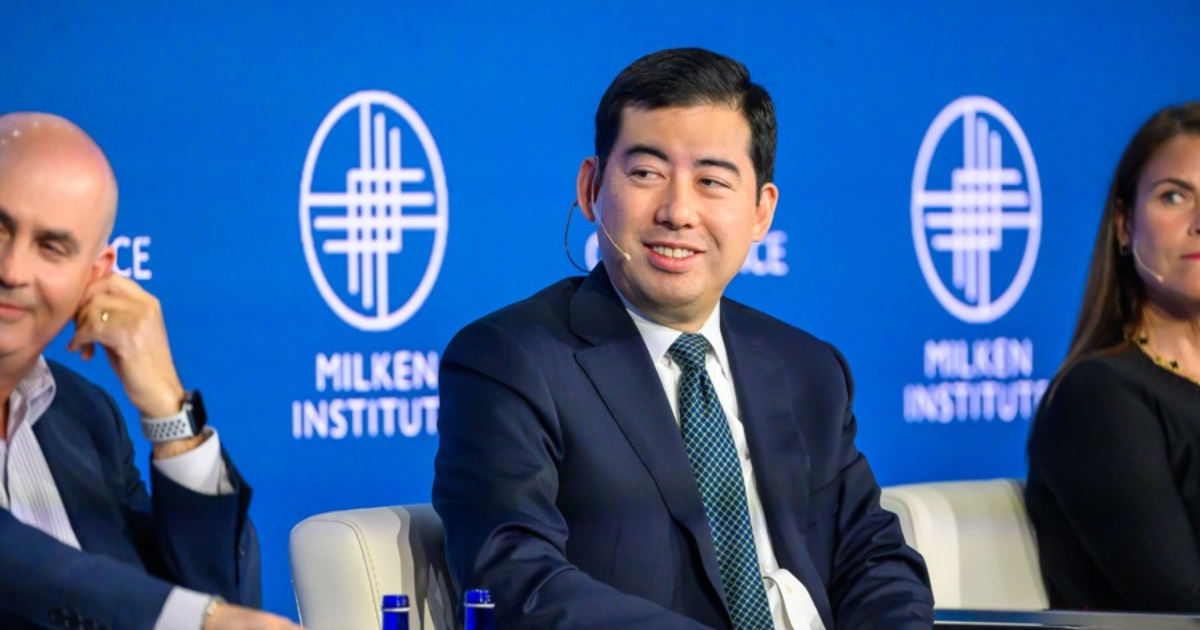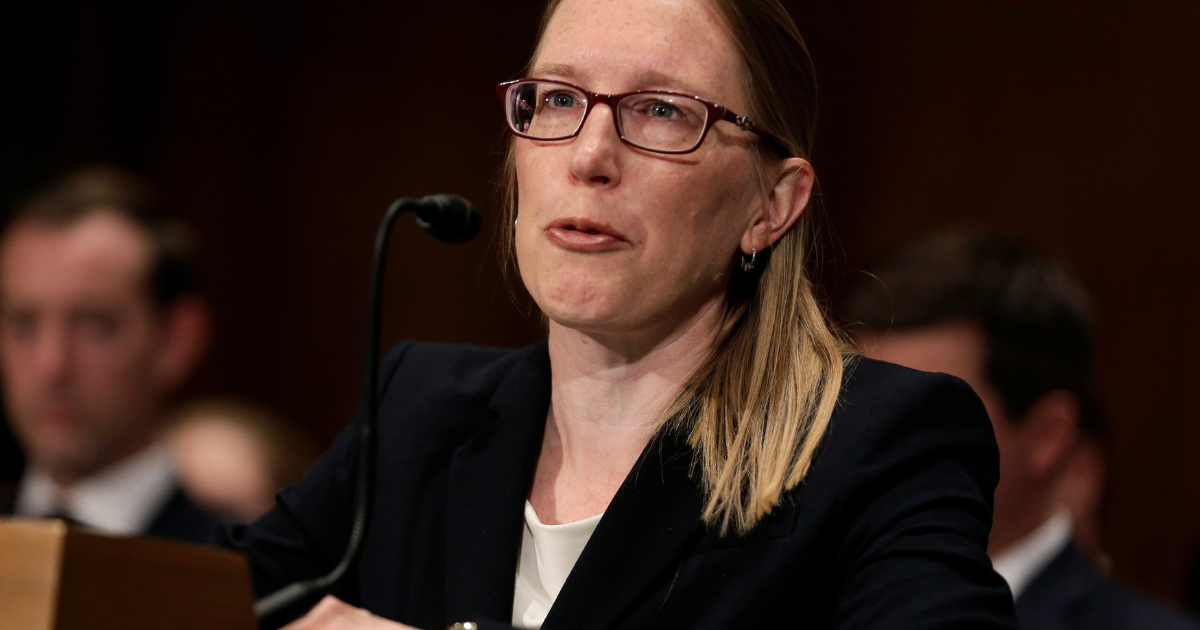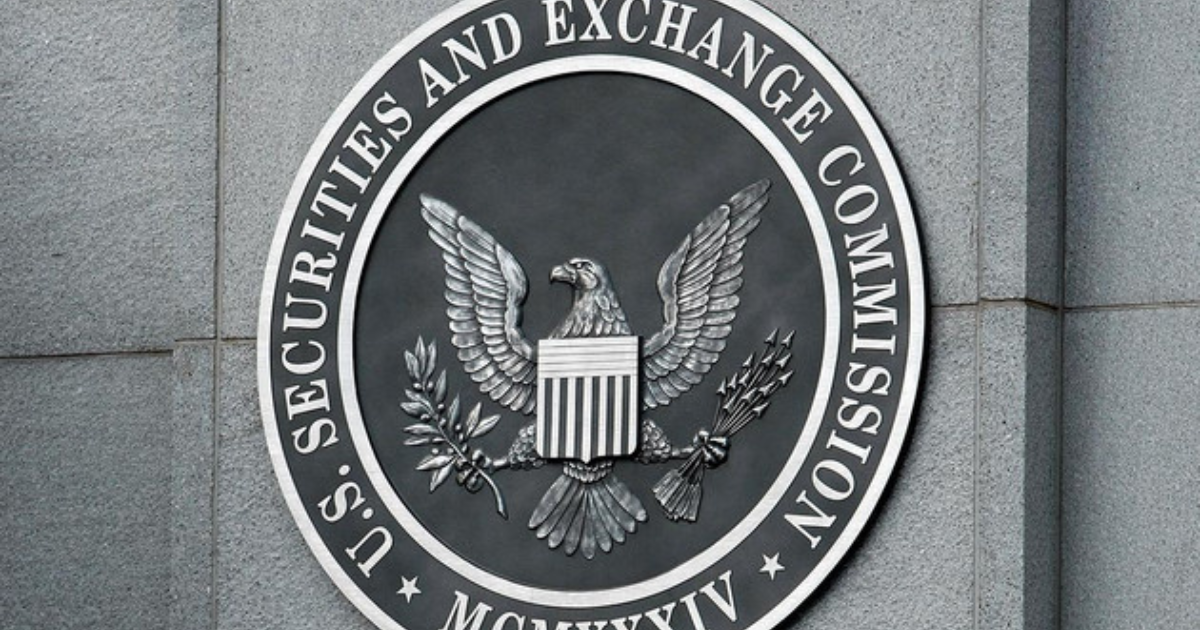SEC Commissioners back old cryptopanic with the news of the need for urgent crypto custody reforms in digital asset custody regulations. According to recent comments from key SEC leaders at a Crypto Task Force roundtable in Washington, D.C., these two points of view stand in direct opposition. The message for their collective was that current frameworks must immediately evolve to strike the necessary balance between technological innovation and investor protection.
Key-Takeaways:
- The US Securities and Exchange Commission’s commissioners want the rules on crypto custody reforms to be expedited to strike a balance between investor protection and technological progress.
- Commissioner Uyeda advocated for an approach that enables investment advisers to use state-chartered trust companies as a qualified custodian of crypto assets.
- In a framework that would set stronger protections than Dodd-Frank, Commissioner Crenshaw warns against weakening of these protections that could expose investors to risks.
- He calls for flexibility as well as regulation attuned to technological developments of crypto assets with respect to their fundamental differences.
Commissioners Highlights Gaps in Regulatory Frameworks
 At the April 25 meeting, among the speakers addressing critical custody issues were Mark T. Uyeda, Caroline A. Crenshaw, Hester M. Peirce, and Chairman Paul Atkins. He highlighted the industry’s regulatory uncertainty as a core issue. He specifically has asked to allow investment advisers to use state-chartered limited-purpose trust companies as qualified custodians.
At the April 25 meeting, among the speakers addressing critical custody issues were Mark T. Uyeda, Caroline A. Crenshaw, Hester M. Peirce, and Chairman Paul Atkins. He highlighted the industry’s regulatory uncertainty as a core issue. He specifically has asked to allow investment advisers to use state-chartered limited-purpose trust companies as qualified custodians.
Uyeda noted that the previous administration had forced advisers to miss investment opportunities because of its position. Specifically, he agreed with Commissioner Peirce that a lot of crypto assets should not be treated as securities. Uyeda also emphasized the need to determine whether any crypto assets are “funds” under the Custody Rule.
Unlike Commissioner Crenshaw, who was more cautious and focused on keeping robust protections in any new framework, Commissioner Duffy did not appear to have the slightest interest in addressing the rule that he had spoken strongly against. Letting someone else have access to your personal luggage and entrusting it to an airline is something that requires a lot of trust and that places a lot of faith in these administrative safeguards. Crenshaw had important procedural questions about how any dual regime system should ensure equal protection to members.
“Yet how do we expose new risks to crypto investors arising from different crypto custody rules?” she asked. However, her concern also included when blockchain will succumb to the vulnerabilities that it offers — namely, smart contract failures and hacking threats. Speaking on weakening standards, Crenshaw was not happy that investors may be exposed to risk they can be spared from during custodian insolvencies.
Embracing Technological Realities
 The strongest advocate for flexible, technology-conscious regulation became one commissioner, Peirce. She said that this needs to be calibrated to include some smart rules that recognize the inherent disparities in crypto assets, such as the difference between securities and exchanges. In the current economy, Peirce said, there are custodians who have been qualified to hold some assets, but self-custody may in fact be more secure for other assets.
The strongest advocate for flexible, technology-conscious regulation became one commissioner, Peirce. She said that this needs to be calibrated to include some smart rules that recognize the inherent disparities in crypto assets, such as the difference between securities and exchanges. In the current economy, Peirce said, there are custodians who have been qualified to hold some assets, but self-custody may in fact be more secure for other assets.
But she demanded that the current regulatory environment be likened to a dangerous ‘floor is lava’ scenario where a person must pass by unknown guidance. Peirce states that blockchain’s decentralized structure presents difficulties that other frameworks tend to overlook.
Industry Implications and Path Forward
 The balancing act is so complex, and when you think of what they’re trying to do, these are divergent perspectives. Now the inevitable concrete regulation that will completely change the investment opportunities and custody arrangements in the crypto industry is waiting. Meanwhile, financial advisors and various crypto companies can benefit from clearer guidelines for such a custodian.
The balancing act is so complex, and when you think of what they’re trying to do, these are divergent perspectives. Now the inevitable concrete regulation that will completely change the investment opportunities and custody arrangements in the crypto industry is waiting. Meanwhile, financial advisors and various crypto companies can benefit from clearer guidelines for such a custodian.
It was a call for a more nuanced regulator, which may differentiate between the different kinds of digital assets. This could provide an opportunity for new innovation in custody while keeping in place important investor protection.
These discussions have to become actionable regulatory frameworks for the SEC. Special-purpose broker-dealer reforms and qualified custodian requirements could specifically affect industry stakeholders, and they should start considering potential reforms. In relation to the roundtable, companies providing custody solutions should pay attention to reacting to the peculiar security worries.
And, assuming blockchain technology continues to evolve, we may continue to see the need for regulations that are changed from time to time as they relate to blockchain. It is essential for the capacity of the SEC to reconsider existing frames toward a more sustainable regulatory environment. It would ultimately help in strengthening markets’ trust while allowing technological innovation, therefore.
Conclusion: Crypto Custody Reforms
These high-level discussions are then turning into real and potentially new regulatory guidance that is coming into play over the coming months. The increasing turmoil around crypto companies and investors should keep their eyes on developments and ready themselves for a possible emerging crypto custody reforms landscape.










